In this article we are are going to take a dive into the drivers behind alcohol addiction, particularly the neurochemical pathways in the brain and their role in strengthening dependence on alcohol over time. References and links are included for further research if you’d like to dig deeper. Ultimately this article is for anyone who is suffering due to their relationship with alcohol but feels they have little or no control, or who has tried to moderate or quit without success. We’ll look at the biology and psychology of addiction, then we’ll talk about the possibilities for reversing the addiction process and forging a path to full recovery, independent of the 12-step model.
We’ll cover the following topics:
Am I dependent on alcohol?
- Addiction is not a death sentence
How does alcohol addiction develop?
- How does alcohol misuse affect the brain?
- How the Reward System creates addiction
- Why is alcohol so addictive?
Has addiction damaged my brain permanently?
Why am I so depressed?
Is recovery really possible?
- Do I need to go to rehab?
- What different types of alcohol rehab are there?
- How much does rehabilitation cost?
AM I DEPENDENT ON ALCOHOL?
There’s a range of indicators that suggest alcohol has become a problem in your life and it needs to be addressed. If you can identify with two or more of the following scenarios, alcohol misuse has become a problem and is affecting your mental health, relationships and self-perception in a negative way. But don’t be discouraged! Keep reading. This article is full of factual gems, explanations, options and inspiration.
- Do you often set a limit to the amount you intend to drink then exceed that amount?
- Do you often intend to drink for a set period of time then drink larger amounts over a longer period?
- Have you made unsuccessful attempt(s) to moderate your alcohol use by limiting your intake to certain days of the week, certain types of alcohol, or only on certain occasions?
- Do you spend an abnormal amount of time thinking about your next drink, or waiting for others to speed up/catch up?
- Have you tried to justify ‘socially frowned-upon’ habits like drinking in the mornings or blacking out?
- Do you sometimes miss your obligations at work, school, family or social events due to the effects of alcohol?
- Have you abandoned hobbies, recreational activities or self-care habits due to a preference for drinking?
- Have you driven whilst over the legal limit?
- Have any of your close personal relationships suffered because of your alcohol use?
- Do you continue drinking even when you are sick or injured?
- When you attempt to cut back on alcohol, have you experienced physical withdrawal effects or uncomfortable mental side effects?
- Has the amount of alcohol you intake increased over time in order to maintain the effects you’re seeking from it?

Addiction is not a Death Sentence
Here is the good news – alcohol is not a brain disease or a permanent diagnosis. The human brain is incredible. What scientist’s have now discovered about Neuroplasticity is the best news imaginable for any human being who’s ever suffered with an addiction – whether that be addiction to alcohol, drugs, sex, shopping, prescription medication, gambling, porn, social media, online gaming or even exercise. Yes that’s a thing!
Believe it or not, Dr Gabor Mate (the world’s leading researcher on compassionate psychotherapeutic treatment for addiction, and author of In The Realm of Hungry Ghosts) was a former addict. He was addicted to…..wait for it……buying classical music. True story. He researched it, tracked it down, bought it and listened to it obsessively, compulsively, destructively. It tore apart his family relationships, devastated him financially and nearly lost him his early career. His incredible work in the field of addiction stemmed from this personal experience. It’s fair to say then, whilst all addictive substances are not equal, their effects can be.
Whilst alcohol isn’t an irreversible disease, it begins (and can end) in the brain. Let’s talk about alcohol’s effect on the brain.
How does Alcohol addiction develop?
How does Alcohol misuse affect the brain?
Whatever the substance and whatever the reason for initially taking that substance, all addictions work in the same way in the brain. It all begins in the Limbic System, the part of our brain that controls behavioural and emotional responses, particularly in relation to basic instincts for survival such as feeding, reproduction, fight or flight, habit formation, memory association and…… reward.
Four key components of the Limbic System form what is referred to as the Reward Centre or Reward System. These four components are:
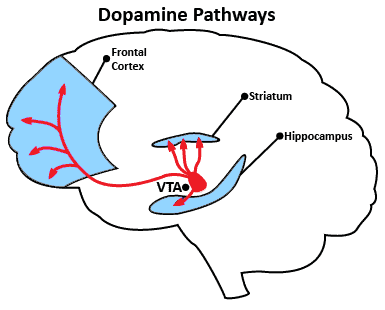
- Prefrontal Cortex (PFC) – responsible for planning, decision making and moderating social behaviours
- Striatum – responsible for sending signals between various parts of the brain to the PFC, particularly in regards to forward planning, movement and action, decision-making, motivation, reinforcement and reward perception
- Hippocampus – critical for learning, emotional responses, memory formation and storage
- The VTA (ventral tegmental area) – the primary source of dopamine
Do you see a theme with the functions of the above? They all relate to planning, memory and reward – three things which play heavily in the development of addictive behaviours. The Reward System itself is a fantastic survival function – it tells us we feel better when we’re fed, warm, holding a loved one’s hand, enjoying a sunset, cuddling our dog, having enjoyable sex or being praised for a job well done. But when these four components begin working efficiently together to develop a reward addiction to a harmful substance – we have a problem in the brain.
How the reward system creates addiction
Normally, the Prefrontal Cortex (PFC) serves as the primary control centre for decision making and cognitive thinking. It’s often referred to as “the bridge of the ship”. It has numerous “shipping lanes” coming in from all over the brain, from which it takes input then makes logical, rational decisions, based on all available information. Normally.
But because the brain is “smart” and knows what feels good to you, when you begin drinking alcohol and feel relief, excitement, release of pressure, numbing, celebration or any of those other feelings we use it to induce – the VTA releases a load of dopamine, shoots it up to the Striatum which then bangs on the bridge of the ship (the Prefrontal Cortex) and tells it to ignore anything coming in from all other shipping lanes.
Initially, this signal is infrequent and fairly weak and things return to normal. But over time, as the Striatum begins banging on the bridge of the ship more and more frequently, with louder banging and bigger loads of dopamine, the PFC begins to listen and starts ignoring input from all other shipping lanes. It essentially ‘loses interest’ in all other input that doesn’t come with a load of dopamine i.e. work, family responsibilities, cleaning the house, hobbies, self-care, simple pleasures etc.
A dopamine superhighway develops between the VTA, Striatum and PFC. All the other shipping lanes begin to fade away into the ocean and the brain does what it’s designed to do – give you pleasure in the easiest way possible. Why would it go out there asking for input from old, abandoned shipping lanes, when there’s a shipping superhighway sending it boatloads of dopamine whenever it gets incoming signals that you’re about to give it what it wants – Alcohol!

As we discussed, the brain is an incredible super computer. It’s developed over thousands of centuries to a) release dopamine when something is pleasurable, b) remember what caused the pleasure, then c) record the signals, smells, sights and sounds associated with that memory. This explains why just the sight of a bottleshop, or the clinking of wine glasses can trigger a craving – because the brain has recognized one of these familiar signals that lead to pleasure and released a teaser amount of dopamine in anticipation. But not enough! Hence the craving for more.
Why is Alcohol so addictive?
And why can’t I stop even when I really want to? To put it simply, because most of the above process happens subsconsciously, completely out of your awareness. Some people try to give up and “white knuckle” it by going cold turkey and attempting to intercept the PFC with rational thoughts and reason i.e. pure willpower. But the Reward System is mightily powerful. Hence why just 2% of those who attempt to recover by going cold turkey are successful. This statistic may seem discouraging, but look at it from another angle – if addictions are created via the Reward System, develop over time and are very powerful, surely they could be reversed using the same process? Think about those unused shipping lanes that faded away into the ocean and made way for the dopamine superhighway. Could they not be rebuilt, redefined, deepened and create a whole new shipping network that’s not reliant on massive hits of dopamine that has a trail of life destruction in its wake? Read on….
HAS ADDICTION DAMAGED MY BRAIN PERMANENTLY?
The classic 12-step Alcoholic’s Anonymous model is based on the premise that alcoholism is a disease. Whilst AA has been a very successful treatment model for a small number of sufferers, the vast majority of people with an alcohol addiction want to be “cured” and move on. They want to kick the habit completely, recover and live a rich, full, alcohol-free and fabulous life! They don’t want to sit in draughty church hall night after night, repeating depressing stories and beating themselves up over the hideous things they did at the height of their drinking days.
But there is great news for those suffering with alcohol addiction. Modern science has debunked the disease theory of addiction. Recent discoveries in the area of Neuroplasticity show us how incredible the brain is. In short, neuroplasticity is the brain’s ability to adapt it’s neural networks and change through growth or reogranisation. This can be a simple new connection from one nueron pathway to another when you eat something you haven’t tried before, or it can involve the remapping of an entire neural system when you undertake something new and complex like – recovery from alcohol addiction. Think of those possibilities.
Addiction has been shown in studies to kill off up to 15% of brain synapses and shrink gray matter by an equivalent amount. Think of that old network of shipping lanes that were lost under the ocean to the dopamine superhighway….. BUT – recovery is an intense process and requires new thought patterns, habits, social skills, building of new beliefs, processing of emotions, intense research and application of recovery tools and practices to name just a few. This is where neuroplasticity comes into play. This intense recovery experience has been shown to INCREASE the number of brain synapses and gray matter by up to 25%. That’s right – you can actually end up with increased brain capacity after recovering from addiction!
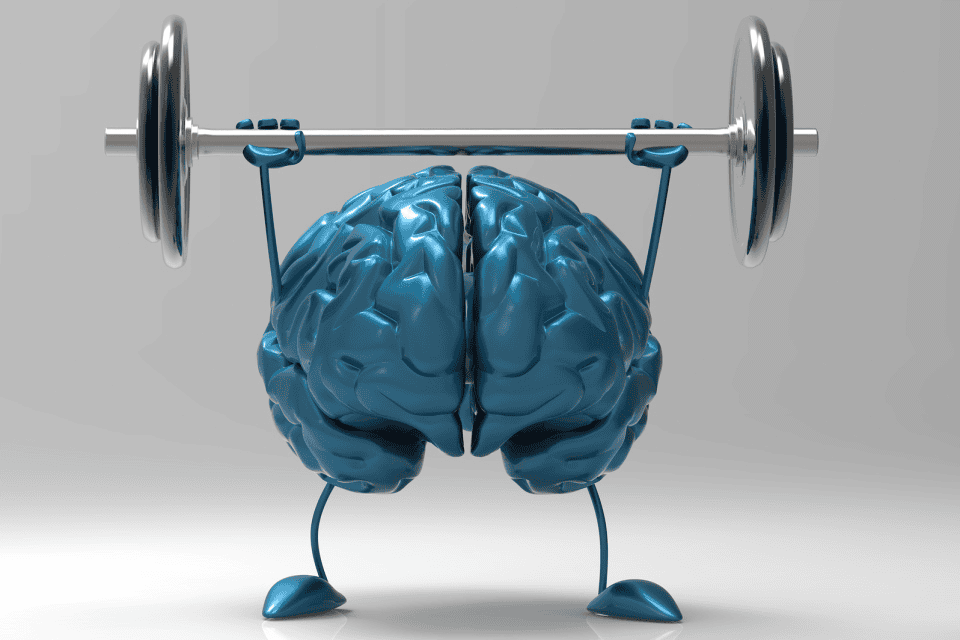
If you’re keen for more in-depth information on neuroplasticity, read this great article by author Debbie Hampton, or watch this hour long YouTube by Marc Lewis for a deep dive into the science of addiction and neuroplasticity.
WHY AM I SO DEPRESSED?
With all that knowledge of the reward system and its role in developing dependency on alcohol, you may be wondering, if the dopamine pathways are so efficient at delivering boatloads of feel good dopamine every time I drink – Why am I so depressed? We’ve all heard the phrase “what goes up must come down”, but there’s a little more to it.
As soon as we take a sip of alcohol, our body goes into action to determine what we’ve taken in, what it comprises and how it will process/counteract/use/expel it. You’re most likely very aware of the fact alcohol is classed as a depressant in the realm of mind-altering drugs. For more on that read this earlier article. Yet, when we have that first drink we feel positive feelings – huge relief, excitement, release of tension, pleasure etc.
This is thanks to that amazing brain of ours which determines we’ve taken in a depressant when we have that first sip, so it releases natural stimulants to counteract the alcohol’s effect. This is why we feel great for the first few drinks. Our body is swimming in stimulants as we slowly become inebriated. All our problems melt away, we see the possibilities for the future, the bright side of life, the humour in the conversations around us, and we don’t worry about tomorrow – we’re enjoying the freedom of the moment, released from past and future emotions.
However, there’s a flaw in the depressant vs. stimulant system…. The natural stimulants released into the body when we drink last far longer than the inebriating effect of the alcohol. So when the alcohol starts to wear off, the stimulants leave us feeling anxious and panicky – “I want that feeling back!”. Depending what commitments you have the next day, you may reach for another drink to soothe the anxiety, or you might try to sleep it off and hopefully wake up ready to face the world.
Unfortunately the stimulants released by the body to counteract the depressant we put in it last up to three days. And the toxins from the alcohol take up to ten days to clear our system. Hence why it’s rough to stop drinking. Much easier to continue…. But as you well know from personal experience, that is a vicious cycle.

I highly recommend you watch this 47-minute YouTube interview by Annie Grace (bestselling author of addiction recovery book This Naked Mind) with author of the ground-breaking Alcohol Explained, William Porter – as he explains how alcohol – psychologically – can be both a stimulant and a depressant.
IS RECOVERY REALLY POSSIBLE?
As we saw earlier when we looked at Neuroplasticity the brain’s job is to assess all the available incoming data from all sources, then make logical decisions based on past experience that bring us pleasure and keep our body comfortable. However, when it receives shiploads of dopamine on a regular basis from alcohol intake, it quickly learns to disregard all other sources of input, and rely solely on this shipping channel for our joy and pleasure in life.
You, as the human living in this body, initially receives pleasure from this as intended, but over time it becomes painfully clear that SO much more has been lost in this addiction process. All those other shipping channels that were abandoned and disappeared, they were what gave you a sense of fulfilment, purpose, achievement, motivation, passion – a sense of wholeness and wellbeing. Things like:
- Interactions with loved ones
- Social events with friends
- Exercising the body and enjoying the outdoors
- Accomplishments at work
- Dancing, listening to your favourite music
- Planning gifts or social occasions
- Researching and saving for something new
- Anticipating a holiday or weekend away
- Watching children play in the water
- Feeling the sun on your face and the wind in your hair
- Playing with your much loved pets
- Noticing new flowers in spring
- The taste of your favourite foods
From the big to the small, all of those moments of joy (those shipping channels bringing dopamine) have slowly receeded into the ocean and been lost to the superhighway of alcohol addiction. But as we’ve seen via Neuroplasticity – they can be rebuilt – deeper, more complex and enriching than ever before! And as a result, the 15% of brain matter (active synapses) that were “lost” to severe addiction, can be built anew and increase your brain capacity by up to 25%!
Far from being an irreversible brain disease, the science of neuroplasticity has proven that RECOVERY FROM ADDICTION IS 100% POSSIBLE. So the big question is:
How do I recover from alcohol dependency?
To put it simply, you make a decision to re-train your brain to remove it’s focus from the alcohol/dopamine superhighway, and commit yourself to building new shipping channels that deliver dopamine via other activities and moments in life that bring you joy (examples in the list above). Think back to your childhood – what made you burst with joy, run with abandon, squirm with excitement? This is just a starting point.

Looking back over the various stages in your life – who were the people who filled your heart with warmth and why? What aspects of your previous jobs gave you a real sense of pride or achievement? What animals/plants/seasons/experiences have made your senses soar? Remembering what has given you pleasure in the past is a perfect point to start. As you progress with your recovery, you will become more curious and open to trying new adventures and avenues for seeking pleasure that don’t bring with it the destructive and devastating effects that alcohol so subtly and sneakily delivered into your life.
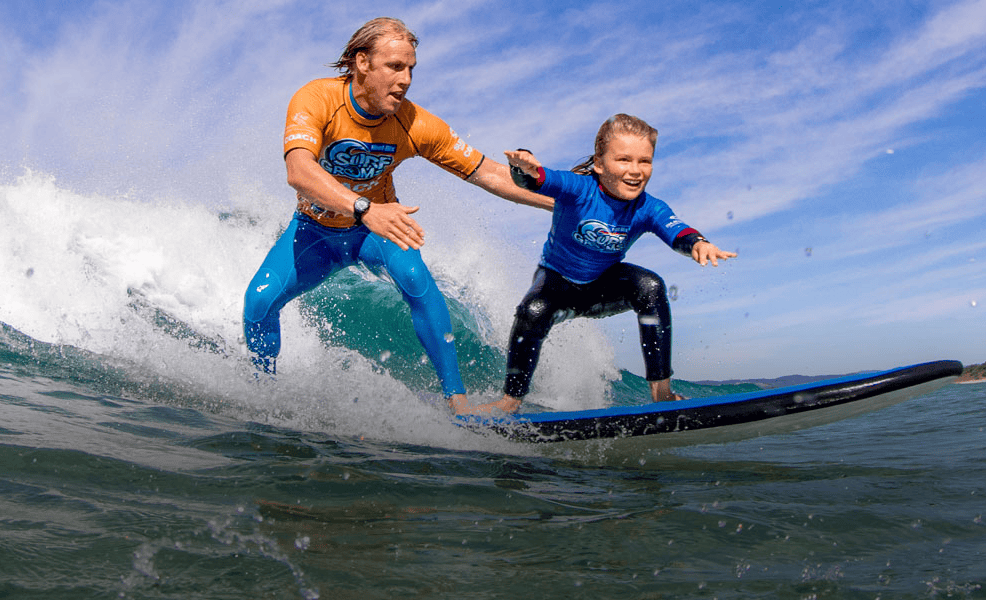
Do I need to go to Rehab?
Recovery from alcohol addiction is 100% possible but the process, method, timing and success is unique to each individual. The process outlined above was simply summarized in two paragraphs, but translating that into your real-life experience is not so simple. As we noted earlier, just 2% of alcoholics successfully quit cold turkey – where does that leave the other 98%? Some choose to go to an Alcoholics Anonymous meeting and see if that feels like the right fit. For many it is not. Others want an intensive burst of personal psychological intervention and treatment to set them on a new path to a new life. Enter alcohol rehabilitation which is near your area…
Let’s assume you understand all of the above, you see how the addiction developed AND you can see how the process could be successfully UNdone thanks to neuroplasticity. But you’ve tried to cut down/give up/moderate in the past and failed. Once, maybe many times. In the real world there are stumbling blocks in your way:
- Social situations
- Work commitments and stress
- Family pressures
- Temptations, expected or unplanned
- Bad influences e.g friends, family members, colleagues
- Familiar surroundings = ingrained habits etc.
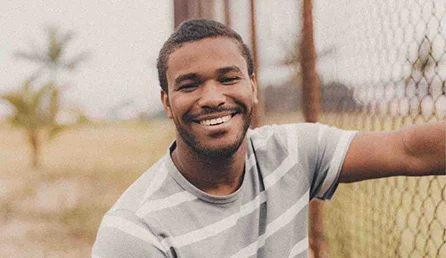
The possibility of “going to rehab” can be daunting because of people’s pre-existing perceptions, worries about cost, taking time away from work/family etc. If you have committed to reducing your intake of alcohol and really given it a genuine shot in the past, yet find yourself at the stage where continuing alcohol misuse has led to serious dependency and robbed you of most other joys in life, leaving you with broken relationships, drained finances, deceit, health issues or fragile mental health – rehab may be ideal for you to give an intense kickstart your recovery journey.
What different types of Alcohol Rehab are there?

In Australia we have Government-funded facilities and private facilities. With a referral from your GP you have the option to enter both, dependent on your financial situation. Public facilities are generally akin to a hospital-type setting whilst private facilities tend more towards the retreat/health resort-style. Private rehabilitation falls into two categories – clinical or holistic. Clinical facilities prescribe and administer prescription medications to assist with detox and psychiatric conditions associated with addiction. Holistic facilities prefer to treat addiction with a multi-faceted approach that treats the individual from many aspects, addressing every area of their wellbeing from psychological health to nutrition, social support, physical biology and family/support networks.
Alcohol dependency is never purely a physical addiction. If it was, every person who’d ever tried alcohol would be an alcoholic! Some of us are susceptible to addiction, whilst others can happily moderate their intake for an entire lifetime without developing an addiction. What does that tell us? There are many facets to addiction that create the perfect storm for dependency to develop.
This is why holistic treatment for alcohol dependency is highly successful – it addresses all of the following aspects that contribute to addiction:
- Biological
- Chemical
- Neurological
- Psychological
- Medical
- Emotional
- Social
- Economic
- Political, and
- Spiritual
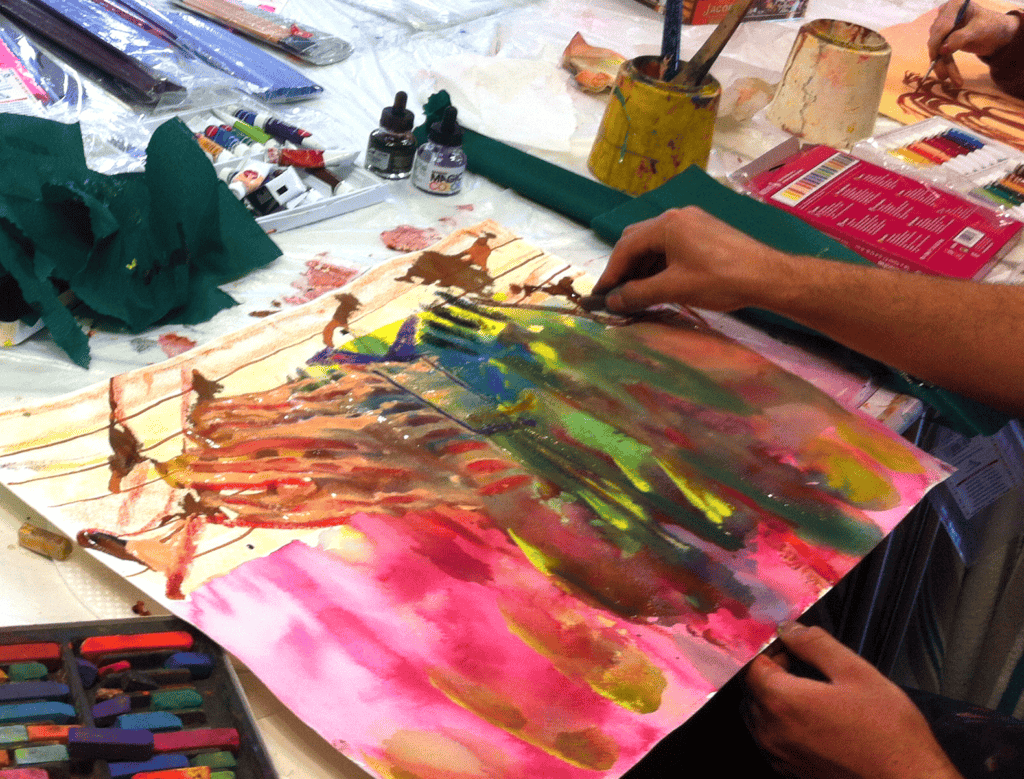
There are many rehabilitation facilities available around Australia, each offering different program styles, treatment modalities and specialisations. A Google search will bring up results for you to begin researching what type of program and what type of facility feels like the right fit for you. Only you know your personality type, your past history of attempts to recover, your current situation and specific needs. Have an in-depth think about what you think will work best for you, then start narrowing down your search by making the following choices. Would I prefer:
- Residential or outpatient?
- Public or private?
- Clinical or holistic?
- Local or interstate?
How much does Alcohol Rehabilitation cost?
When it comes to Alcohol rehabilitation cost in Sydney, Government-funded facilities are generally no-cost whilst private facilities range from $2000 to $10,000 per week. Some private facilities can be partially funded by Veteran’s Affairs, your superannuation fund, private health fund and have options for partial funding if you are self-employed.
For more information on Palladium Private Retreat’s holistic BioPsychoSocial program or fees, please feel free to call and speak to one of our Intake Team consultants who can answer any questions you may have.



